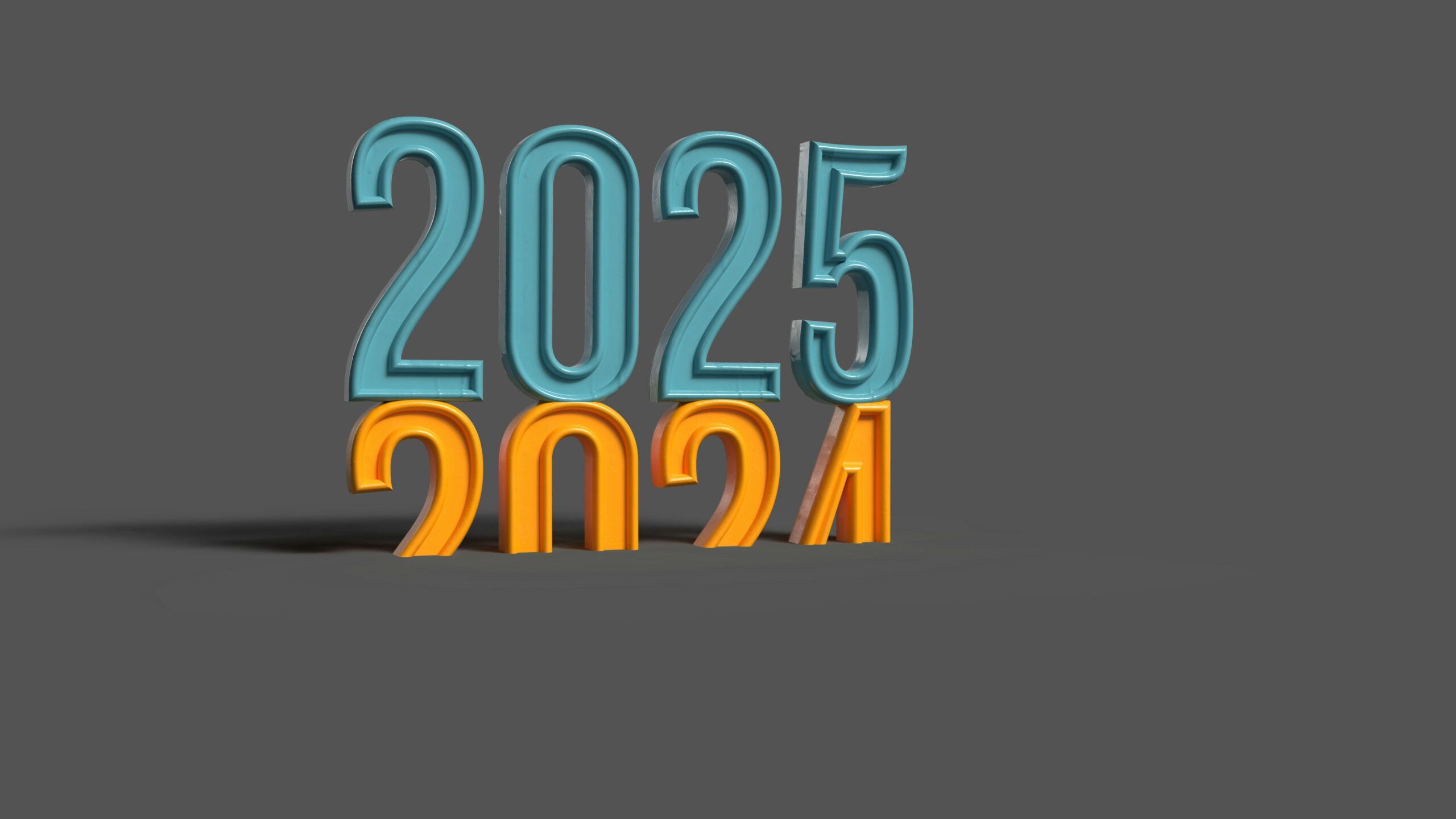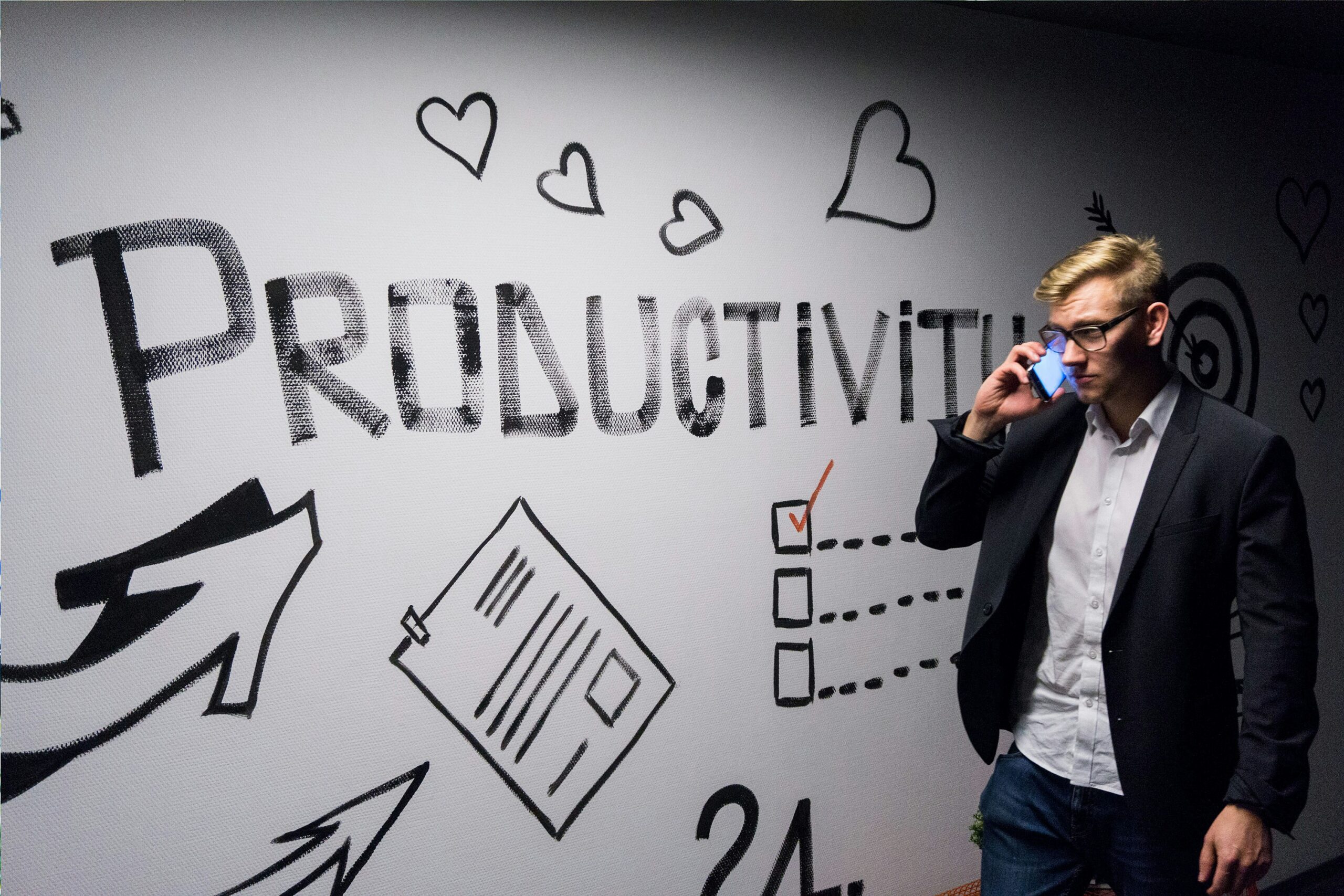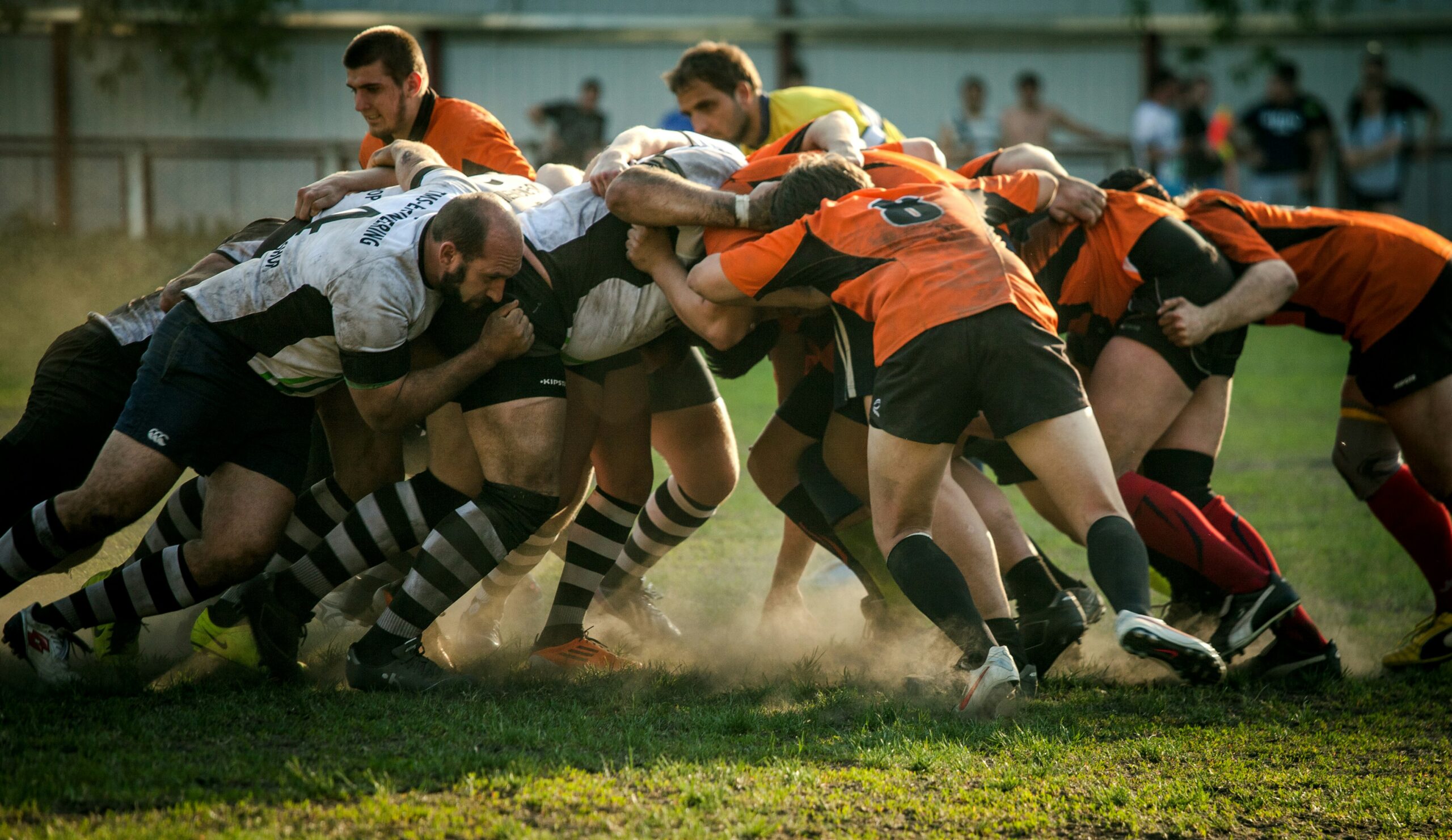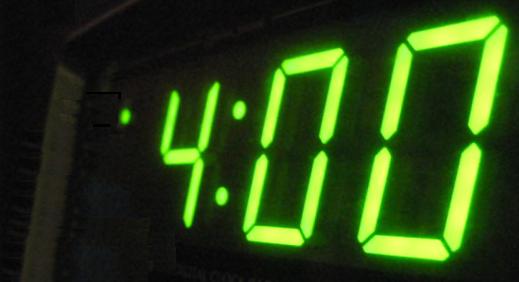An eon ago you woke up, and try as you might, you just can’t get back to sleep. Random thoughts, ideas and worries flick through your mind in a messy cascade of wakefulness. You don’t really know how long this has been going on, but it feels almost endless. And you know this is bad – there’s work tomorrow.
Eventually, you roll over and check the time. Surely, it’s nearly time to get up, but those glowing wee neon lights make your heart sink. 4am.
How will you possibly get through the day? And yesterday the same thing happened . . .
. . .
Sleep – the best of things and the worst of things. And many, many school leaders slide to the wrong side of the equation on a nightly basis. When Steve and I talk to principal groups we often ask how their sleep is going, and on average, 75 percent of all principals we’ve asked report significant problems with their sleep.
If you’re one of the three quarters of these sleep deprived school leaders, it’s time you stopped worrying about the science of reading and started considering the science of sleeping because there’s a growing amount of it, and the current buzz phrase – “sleep hygiene”, might actually change your 4am experience.
So why do you wake up or stay awake?
It’s almost certainly a combination of things, but three that drive a lot of people’s wakefulness are:
- A high level of cortisol
- Misuse of caffeine
- Bad habits around screen use
Cortisol
Question – do you regularly feel stressed at work?
People operating with elevated levels of stress produce more of the hormone cortisol. It’s our bodies way to get through difficult situations and in the right amount, for a short time, is good. Too much, for too long is bad.
As part of our human circadian rhythm, everyone’s cortisol naturally peaks around 2 – 3am daily, which is fine, unless your base level is already too high. If it’s too high, the 2am boost pushes you into consciousness (even if you are tired).
There are many ways to deliberately reduce stress (meditation, exercise, diet, etc) and I believe our job choice requires us to make an effort to do so.
Caffeine
Question – do you know how much caffeine you take each day?
(cup of instant coffee 60mg, double shot café coffee 200mg, can of Coke 30mg, cup of tea 50mg)
We love caffeine. It’s addictive, it’s fun and it’s certain to wreck your sleep if used thoughtlessly.
The problem with caffeine is that it binds to exactly the same receptors in your brain as does the natural sleep-inducing chemical adenosine. One function of adenosine is that it builds up over the day and at a certain level makes you feel sleepy. If you take caffeine, it blocks the adenosine from working.
With a half life of 5 – 6 hours, that 2pm coffee you had after lunch is still 50% active at 8pm and 25% active at 2am . . .
Based on this long effect, it’s generally well-known that taking caffeine after midday is not a winning move. However, drinking coffee first thing in the morning can also negatively impact sleep.
Andrew Huberman, a neuroscientist and researcher at Stanford University, has studied what happens when caffeine is taken in the first hour of waking. If you do this (and I always used to!), you’ll get the usual ‘lift’ as it blocks your adenosine, but at the cost of stopping your naturally rising cortisol from waking you up.
There are two downstream effects – firstly, that adenosine doesn’t disappear. It stays circulating waiting for a receptor to bind to and unless you keep adding more caffeine, will eventually succeed and cause the dreaded afternoon energy slump. But the bigger effect is that by stopping your body using cortisol to maintain a natural rhythm across the day/night you impact on your sleep too. A double whammy. Mr Huberman suggests waiting at least an hour, ideally two after waking, before feeding your caffeine habit.
Screen Use
Question – do you have a screen device in your bedroom?
Are you looking at a screen in the hour before going to bed, or worse, scrolling on your phone while in bed? Most people I know do one or both of these things . . . and they wreck sleep.
We’ve all probably heard that blue light emitted by screens effects sleep. It does this by supressing the hormone melatonin which regulates the good old circadian rhythm. What happens when you mess up your circadian rhythm? You also mess up your sleep cycle.
Any light when you should be asleep is bad, but the blue wavelength has the strongest suppressing effect on melatonin. It’s not rocket science to know what to do about this, but it can be incredibly hard to make change because addiction and habits are involved.
One simple step to take is to keep your phone out of the bedroom.
. . .
I’m no sleep scientist but have had my own struggles with sleep over the years, which is why I try to keep up with the thinking. I strongly recommend that you do your own homework in this area and happily, there are plenty of experts publishing practical guides that can help.
Two books to read are:
“Why We Sleep”, Matthew Walker
“Sleep Book: How to Sleep Well Every Night”, Guy Meadows
Two podcasts to listen to are:
Sleep Toolkit: Tools for Optimising Sleep and Sleep-Wake Timing, Andrew Huberman
The 6 Sleep hacks You Need – Matthew Walker
Sleep well!
Dave
An earlier post Steve wrote on this topic.















